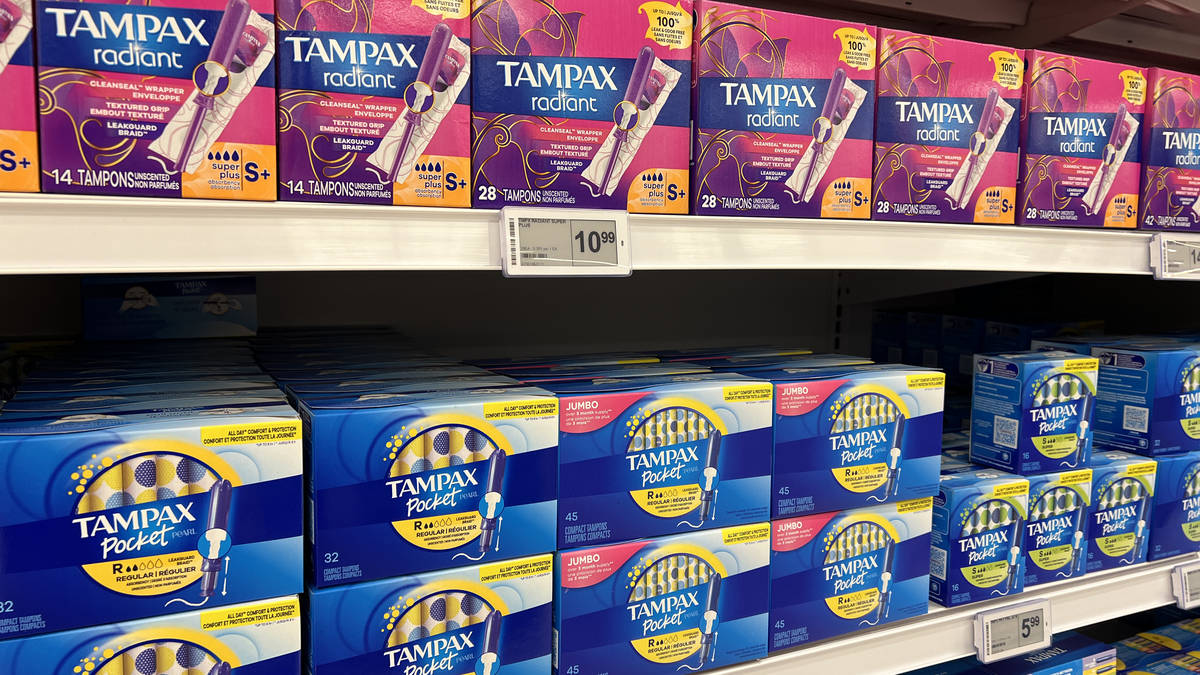30 May 2025, 18:34 | Updated: 30 May 2025, 18:51
Picture:
Getty
A toxic pesticide linked to cancer has been discovered in tampons at levels 40 times above the legal limit for drinking water.
Traces of glyphosate at high levels in menstrual products have been found, according to a report by the Pesticide Action Network UK (Pan UK), the Women’s Environmental Network and the Pesticide Collaboration.
While glyphosate is the most commonly used herbicide globally, a review by the International Agency for Research on Cancer has warned it is “probably carcinogenic to humans”.
Researchers have expressed their concern given these chemicals absorbed through the vagina directly enter the bloodstream, bypassing the body’s detoxification systems.
It means even small traces of chemicals could pose health risks.
Read more: NHS to roll out ‘revolutionary’ blood test for lung cancer
Read more: New study reveals the childhood cancers which take the longest to diagnose

Picture:
Alamy
Out of 15 tampons boxes from UK retailers that were tested by scientists, glyphosate was found in tampons in one of the boxes at levels of 0.004 mg/kg.
That’s 40 times above the legal limit of 0.0001 mg/kg in the UK.
Pan UK has warned period products can contain other potentially harmful substances such as heavy metals like led and arsenic, as well so-called “forever chemicals”.
These include phthalates, dioxins, volatile organic compounds (VOCs), perfluoroalkyl and polyfluoroalkyl substances.
“These chemicals have been linked to increased risks of reproductive and hormonal diseases such as endometriosis, infertility and cancer,” Pan UK said.
The group has called on the government to “introduce robust regulation for period products with a testing scheme in place to ensure that they are free of chemical residues.”
“The Government should require manufacturers to disclose all the ingredients and additives found in period products so that customers can make informed decisions,” its website states.
Last year, campaigners called for the government to ban 25 pesticides that contain so-called ‘forever chemicals’, after a study revealed that they are present in over half of the tested food and drink available in the UK.
More than 3,300 samples of food and drink available in the UK supply chain were tested for residues of around 401 pesticides in 2022, according to a report from the Environment Department’s advisory committee on pesticide residues.
Strawberries were the most likely to have pesticide residue, with 95% of 120 samples tested coming back positive, according to the Pan UK,
Meanwhile 61% of the 109 grape samples tested had pesticide residues, along with 56% of the 121 cherry samples, 42% of the 96 spinach samples and 38% of the 96 tomato samples.


